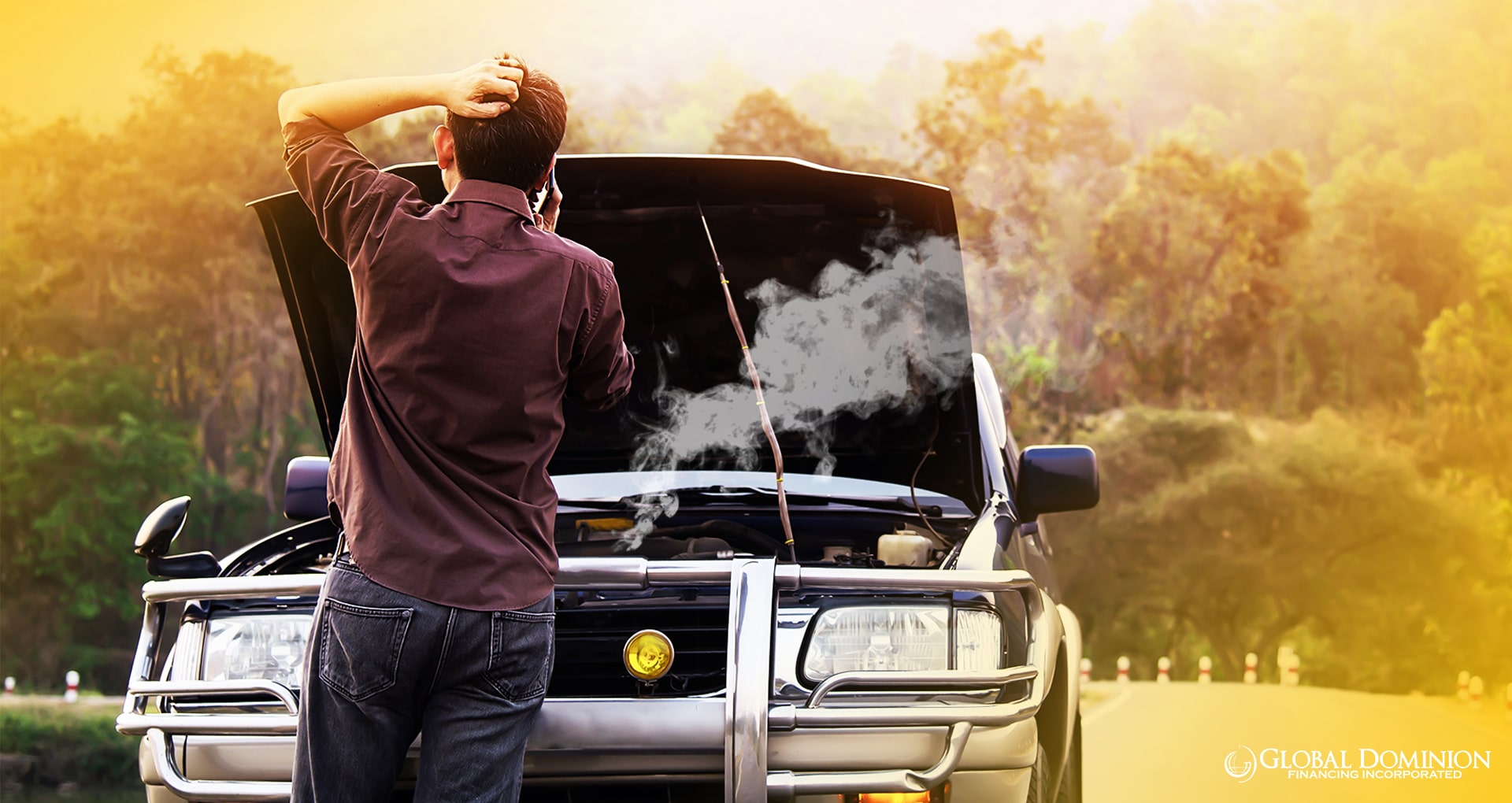
The Philippine Summer or the dry season nears its end, but the extreme heat index continues to give discomfort to all prone cities and places across the country. People mostly keep themselves hydrated and think about not starting a fire. Meanwhile, vehicle owners worry over how the heat can impact the condition of cars. The dry season poses more danger to vehicles compared to the wet season unless there are typhoons and floods.
The world’s climate has dramatically changed, affecting more tropical countries, like the Philippines. Summer or not, we suffer from prickly heat almost year-round. When you
get a vehicle through car financing or a one-time purchase, it entails a lot of responsibilities such as maintenance and immediate damage repair to expand the life of your vehicle.
Broken A/C
The top-notch item in this list of common car problems is a broken air conditioning system. Traveling on a sweltering day gives extreme discomfort to drivers and passengers. That’s why A/Cs are your best friends in summer or typically hot places like the Philippines. These do not only ensure the comfort of traveling but also safety from health risks such as suffocation or carbon monoxide poisoning. This explains why A/C gets overused and, if mishandled, broken.
Broken A/C may show any or more of the following: jammed refrigerant, lack or absence of Freon coolant liquid, or hidden openings causing the cool air to leak somewhere else.
What you need to do to keep you’re A/C in good condition:
- Have your AC system checked yearly.
- Make it a habit to clean the air filter, keep it dry, and get rid of bad odors.
- Forget pre-cooling and switch your AC when you need it.
- Don’t ignore leaks or signs of malfunction.
- Limit unnecessary travel in high-temperature seasons.
Drained battery
A weak battery is not something to ignore as it can ruin your travel. Sometimes, the trouble can be in the middle of your driving. In the Philippines, rains have become seldom and most of our years are exposed under the blistering sun. Compared to the cold, extreme humidity or excessive heat causes many problems and does not exempt your vehicles. It makes your battery’s vital liquids evaporate and weakens its charge. So, it doubles the work for the battery draining it quicker than how its lifespan ideally suggests.
What you need to do to protect your battery in high temperatures:
- Avoid excessive short car trips to give the battery consistent and full recharge.
- When not in use, turn off all car features that consume energy such as interior/exterior lights, electronics, and the like.
- Dirt can be a conductor so keep the battery and its posts clean.
- Park your car away from direct heat or sunlight, if possible.
- Be aware of the lifespan of your car’s battery and observant of the sudden changes to your car’s performance.
Engine overheating
Overheating is one of the common car problems (and electronics inside the vehicle) caused by intense operation or high temperatures. Since a car is a type of machine with installed electronics, the summer can induce trouble for your car. Aside from the battery drying up, it can also affect the vehicle’s cooling system. Once it becomes faulty, it starts overheating and engine failure.
What you need to do to prevent overheating:
- Regularly check your car’s coolant level, temperature gauge, and thermostat.
- Inspect for any coolant leak underneath and radiator cap damage.
- Perform periodic radiator flushing.
- Don’t ignore when the engine starts to show signs of overheating.
Tire Blowout
The tires are one of the car parts that work ceaselessly, aside from the fact that they carry the whole load and are exposed to outside hazards like scorching asphalt, rocky roads, and puddles. However, it is no wonder that as the temperature inclines, so does the air pressure. It is all but science that your car’s tire gets blown out. The more heat the tire receives, the huger danger of blowout there is.
Also, over-inflation and underinflation both cause blowouts. While too pumped wheels have too much air pressure, underinflation causes the imbalanced distribution of heat and energy during a trip.
What you need to do to avoid blown tires:
- Let experts assess the condition of your tires.
- Make sure that your tires are inflated in balance.
- Newer car models have a tire pressure system that you can check regularly.
Now, you know the common car problems that extreme weather can bring. Be reminded that aside from having regular checkups, don’t forgo the
importance of having car insurance.
 The Philippine Summer or the dry season nears its end, but the extreme heat index continues to give discomfort to all prone cities and places across the country. People mostly keep themselves hydrated and think about not starting a fire. Meanwhile, vehicle owners worry over how the heat can impact the condition of cars. The dry season poses more danger to vehicles compared to the wet season unless there are typhoons and floods.
The world’s climate has dramatically changed, affecting more tropical countries, like the Philippines. Summer or not, we suffer from prickly heat almost year-round. When you get a vehicle through car financing or a one-time purchase, it entails a lot of responsibilities such as maintenance and immediate damage repair to expand the life of your vehicle.
The Philippine Summer or the dry season nears its end, but the extreme heat index continues to give discomfort to all prone cities and places across the country. People mostly keep themselves hydrated and think about not starting a fire. Meanwhile, vehicle owners worry over how the heat can impact the condition of cars. The dry season poses more danger to vehicles compared to the wet season unless there are typhoons and floods.
The world’s climate has dramatically changed, affecting more tropical countries, like the Philippines. Summer or not, we suffer from prickly heat almost year-round. When you get a vehicle through car financing or a one-time purchase, it entails a lot of responsibilities such as maintenance and immediate damage repair to expand the life of your vehicle.





